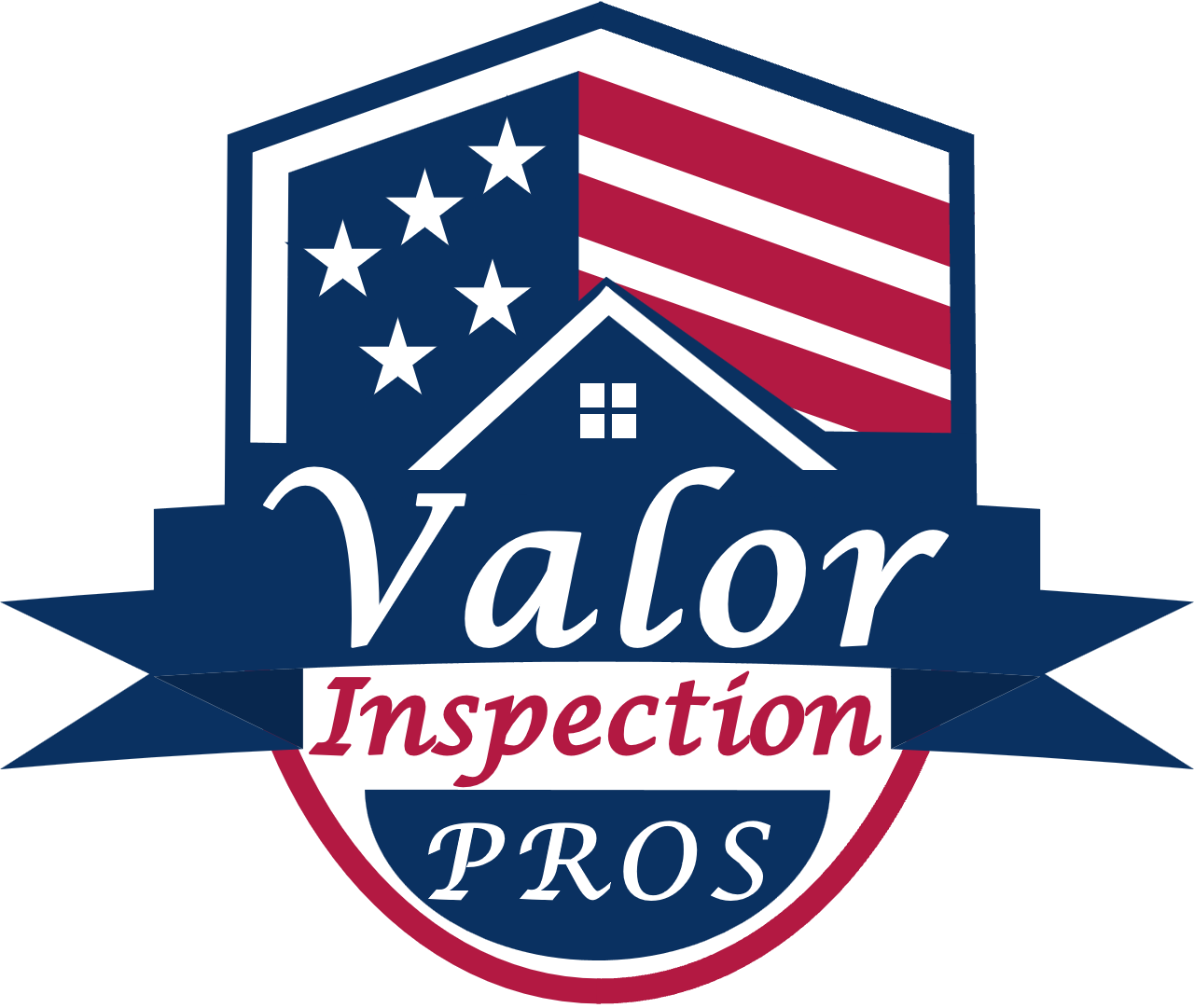The Ultimate New Construction Home Inspection Checklist
Buying a new home is a thrilling milestone—fresh, modern, and tailored to your vision. But don’t let the “new” label fool you: even newly built homes can have hidden flaws. From minor oversights or cosmetic issues to major defects, issues can arise due to tight construction timelines or human error.
A thorough inspection before move-in or shortly after closing is essential to protect your investment. Use this essential new construction home inspection checklist (free download) to ensure your new home is safe, functional, and ready for you to enjoy.
1. Foundation & Structure: Ensure a Rock-Solid Base
Your home’s foundation is its backbone. Inspect for:
- Cracks or uneven settling in the foundation or basement walls.
- Proper grading sloping away from the house to prevent water pooling.
- Moisture signs around the foundation, which could signal drainage issues.
PRO TIP: Early detection of foundation issues can prevent costly repairs, even with a builder’s warranty.
2. Framing & Walls: Check the Core and Finishes
The framing and walls impact your home’s stability and energy efficiency. Look for:
- Drywall imperfections like cracks, dents, or nail pops, which may indicate framing issues.
- Proper insulation in walls and ceilings for energy savings.
- Sealed caulking around windows and doors to prevent drafts, moisture, or pests.
PRO TIP: Use a flashlight to spot gaps around window and door frames.
3. Roof & Exterior: Shield Your Home from the Elements
A well-installed roof and exterior are critical for weather protection in Texas. Verify:
- Shingles and flashing are properly installed, especially at roof-to-wall joints.
- Gutters and downspouts direct water away from the foundation.
- Siding, trim, and finishes are intact, with no gaps or incomplete paintwork.
- Windows and doors open smoothly and seal tightly.
PRO TIP: Test window seals by checking for drafts on a windy day.
4. Plumbing: Ensure Leak-Free Performance
Plumbing issues can escalate quickly. Test for:
- Leaks under sinks, around toilets, or near fixtures.
- Consistent water pressure and smooth drainage in all faucets and showers.
- Proper water heater installation, with adequate capacity and venting.
PRO TIP: Run multiple fixtures simultaneously to confirm water pressure stability.
5. Electrical: Prioritize Safety and Functionality
A reliable electrical system is non-negotiable. Check:
- All outlets and switches, especially GFCI outlets in kitchens, bathrooms, and outdoor areas.
- Breaker panel for clear labeling and no signs of overheating.
- Smoke and carbon monoxide detectors in required locations, fully operational.
- Lighting fixtures for secure installation and functionality.
PRO TIP: Use an outlet tester to confirm GFCI outlets are wired correctly.
6. HVAC System: Stay Comfortable Year-Round
Your heating and cooling systems should perform efficiently. Inspect:
- Thermostat accuracy and responsiveness.
- Vents and ductwork for cleanliness and proper installation.
- System performance by running heating and cooling to check response times.
PRO TIP: Schedule an HVAC tune-up within the first year to maintain efficiency.
7. Interior Finishes: Demand Flawless Details
Finishes add polish to your mew home. Examine:
- Flooring, cabinetry, and countertops for scratches, dents, or uneven installation.
- Paint and trim for smooth, even application.
- Doors and windows for proper operation and secure hardware.
PRO TIP: Open and close every door, window, cabinet and drawer to ensure smooth operation.
8. Appliances: Ready for Daily Use
Test all included appliances, such as ovens, dishwashers, and garbage disposals, for functionality. Confirm:
- Proper installation per manufacturer guidelines.
- Warranty documentation is provided and stored safely.
PRO TIP: Keep appliance manuals in a dedicated folder for easy reference.
9. Safety & Code Compliance: Secure Your Peace of Mind
Safety features are critical for a worry-free home. Verify:
- Handrails and guardrails on stairs and balconies meet code requirements.
- Emergency egress windows are accessible and meet size standards.
- Garage entry door has properly installed and functional self-closing hinges.
- Compliance with local building codes for GFCI outlets, detectors, and wiring.
PRO TIP: Check local Texas building codes online to ensure your home meets standards.
10. Final Touches: Complete the Picture
Don’t overlook the small details. Inspect:
- Construction debris cleanup, both indoors and out.
- Garage doors for smooth operation and safety features like auto-reverse.
- Driveways, sidewalks, and patios for proper slope and crack-free.
- Contracted upgrades to confirm all promised features are delivered.
PRO TIP: Take photos during your inspection to document issues for the builder.
Why a New Construction Inspection Is Non-Negotiable
Many new homeowners skip inspections, assuming a new build is flawless. This can be a costly mistake. A professional inspection helps you:
- Catch issues early while they’re covered by the builder’s warranty.
- Ensure builder accountability before move-in.
- Understand your home’s systems for better maintenance.
- Protect your investment for long-term safety and value.
Did You Know? Up to 25% of new homes have major defects that require builder repairs, according to industry studies.
Trust Valor Inspection PROS for Your New Construction Inspection
Your dream home deserves a thorough inspection to ensure it’s truly move-in ready. At Valor Inspection PROS, we proudly to serve Denton, Tarrant, and Wise counties with expertise, rooted in honesty, integrity, and precision.
Our detailed inspections uncover issues others might miss, giving you confidence in your new home. Don’t let small problems become big headaches—schedule your inspection today—with Valor Inspection PROS.
Contact Us Now to book your new construction home inspection and start your homeownership journey with peace of mind!
